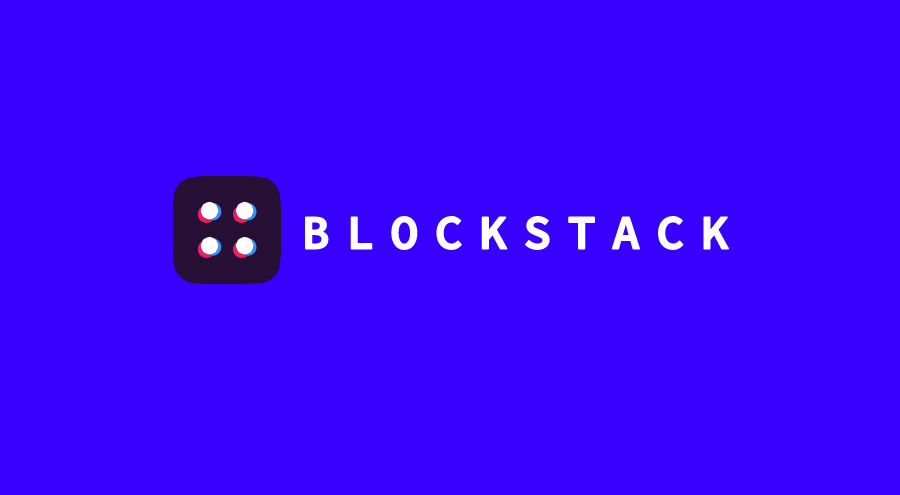Blockstack, a decentralized application (DApp) centric blockchain ecosystem today announced the details for the hard fork that will introduce the genesis block of the Stacks blockchain. The launch of the Stacks blockchain marks a milestone for the Blockstack ecosystem: it is custom designed for the Blockstack network with the goal of enabling developers to easily build decentralized apps that can scale.
Since 2015, it has been Blockstack’s policy to execute an annual hard fork to improve Blockstack’s consensus rules and release major features.
This year’s hard fork is an especially exciting milestone for the ecosystem because it distributes the first Stacks tokens to existing purchasers and recipients.
This hard fork launches the Stacks blockchain v1, and enables the following two features for the Blockstack network:
(a) Registration of all digital assets and smart contracts for registering digital assets with the Stacks token.
(b) A genesis block that distributes Stacks tokens to existing purchasers.
A full technical description of the upgrade is available on the Blockstack forum.
The genesis block will deliver 395 million Stacks tokens to purchasers of SAFTs and interests in two private funds that were sold in their 2017 Accredited Sale. Tokens in the 2017 Accredited Sale will be distributed to the respective wallet addresses of these purchasers, although recipients of these tokens will not be able to transfer the tokens out of their wallets until a year and a day after the closing of their original investment. The genesis block will introduce a total of 1.32 billion Stacks tokens to the Blockstack network — some of which have been sold to other Blockstack stakeholders. These sold tokens will be distributed as part of this hard-fork. Blockstack anticipates that holders of non- binding vouchers may have an opportunity in the future to purchase currently unsold tokens.
The genesis block hard fork will activate at block 547921 (on October 30th, 2018 around UTC+6).
New Functionality
This version of the Stacks blockchain lays the foundation for the implementation of future functionality, that the Blockstack team anticipates will be introduced as part of hard forks in 2019 or later. These additional functions include the following:
1) The Stacks blockchain will introduce a new scalable consensus algorithm to increase the number of transactions it can process. This consensus algorithm is planned to be introduced in additional hard forks in 2019. The algorithm uses a new type of mining, a variant of proof-of-burn mining, whereby miners destroy another cryptocurrency (e.g. Bitcoin) to participate in the leader election algorithm. Stacks miners are incentivized to participating in the mining process to keep the network alive and healthy.
2) The Stacks blockchain will support truly decentralized mobile applications by removing the need to trust a remote Blockstack Core node. Instead, it will be possible for light clients to calculate the economic weight of different Stacks blockchain forks, and identify the fork with the most economic activity. Today, light clients need to rely on other trusted sources for fork selection and cannot make that decision independently.
3) Blockstack currently supports relatively simple smart contracts that are used to register digital assets on the network. The Stacks blockchain v2 will support general-purpose smart contracts written in a non-Turing-complete language that is being developed. The Blockstack team says they plan to release more details for their new programming language in a few months. Users can track the implementation progress in on GitHub, on the Blockstack.org forum, or the roadmap.
History
Blockstack was started by Muneeb Ali and Ryan Shea in 2013. The first public launch of a registrar service (called the Onename App) was in March 2014 and the company went through Y Combinator in summer 2014. After YC, the company raised a Seed round led by Union Square Ventures. The company closed a Series A in January 2017, again led by Union Square Ventures, with investors including Lux Capital, Naval Ravikant, and Shana Fisher. Blockstack became a Public Benefit Corp in September 2017.
